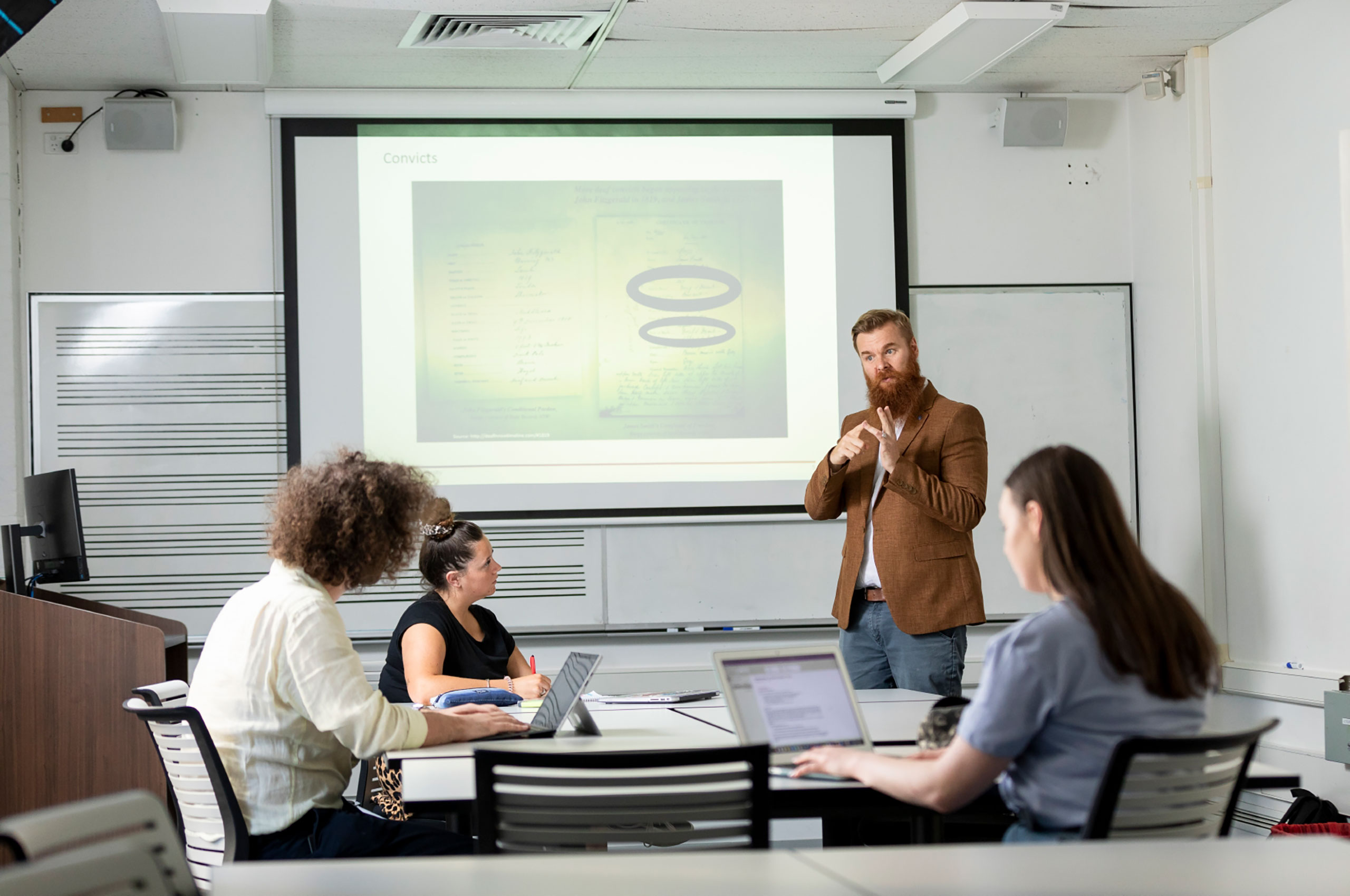Education

Universities are part of the social and physical systems that need to adapt to climate change.
How universities address their vulnerabilities is important given their role in enabling adaptation in broader society through education, research and, arguably, role modelling good practice to other organisations.
University Climate Change Adaptation
Universities are not separate to the social and physical systems that need to adapt to climate change, and are also providing research and education to enable others’ adaptation. However, there has been limited attention paid to how universities are undertaking their own adaptation.
To help understand how universities are adapting, in 2022 we assessed adaptation planning in Australia’s 42 universities. Overall, universities are not pursuing adaptation, and in the instances that they were found to be, were largely concerned with direct biophysical risks. More positively, universities have an opportunity to use and reflect on their own adaptation struggles in a way that not only manages their risks but generates empathy, shared endeavour and innovative new approaches with other universities and sectors, their communities and wider society.
Academic Conference Hubs
Academic inquiry has long valued international collaboration, and the profession has expectation of global impact, which contributes to career progression and promotions. This presents a dilemma for academics, and particularly where research is related to the climate crisis.
Academic conferences have been an important contributor to academic careers by providing opportunities to network. This enables certain benefits of conferences to be accessed remotely, such as current research in the field, but not others. While conferences have been offered online for some time, they do not replicate the full experience. This is particularly the case for the tacit and informal exchanges that occur at conferences outside of the formal presentation schedule, in morning tea lines and social events, requiring experimentation in remote conferencing. This is particularly the case in Australia, where there is no realistic alternative to air travel to attend international and interstate conferences, yet many universities are not addressing the issue.
There is an urgent need to reduce emissions in response to climate change, with air travel a significant contributor to global emissions. Hybrid models have been suggested as a way to address this, and this project is an evaluation of remote hubs held in association with the 2023 Royal Geographical Society – Institute of British Geographers conference held London.